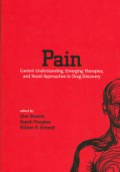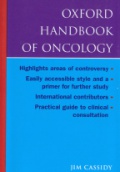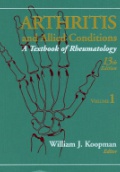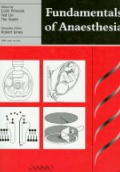Less than Nations: Central-Eastern European Minorities after WWI, Volumes 1 and 2
Giuseppe Motta
ISBN: 9781443855044
Vydavatelství: Cambridge Scholars Publishing
Rok vydání: 2014
Vazba: Hardback
Počet stran: 647
Původní cena: 2 Kč
Výstavní cena:
2 Kč(t.j. po slevě 15%)
(Cena je uvedena včetně 10% DPH)
Katalogová cena: 69.99 GBP
Nárok na
dopravu zdarma
Termín dodání na naši pobočku v Brně je přibližně 3-4 týdny.
Less than Nations: Central-Eastern European Minorities after WWI represents the result of research that the author has carried over recent years, and was facilitated by the 2008 PRIN project (Programmi di Ricerca di Rilevante Interesse Nazionale) and the 2010 Sapienza Research funds. The book analyses the conditions of national minorities after World War I, when the geo-political map of Central-Eastern Europe was redefined by international diplomacy. The new settlements were based on the principle of national self-determination and were conditioned by the geographic reality of Central-Eastern Europe, where states and nations rarely coincided. As a consequence, the minority question emerged as one of the most troublesome issues during the interwar period, and affected international relations and the internal conditions of many states. The minority question was discussed by historiography and by international observers, and became an integral part of the system which was centred around the League of Nations. This work begins with the study of the relationships between the states and their minorities, and of the international dimension of this question, which animated the fight between revisionist and anti-revisionist states. The documents of the Italian Army"s General Staff and of the League of Nations represent the main historical sources of this book, which carries out a complete study of the difficult situation of 1918–1920, when the new states annexed many contested regions” within their frontiers, and of the numerous controversies concerning the application of international treaties and national regulations in relation to the protection of minorities.
The second volume of the book analyses some special aspects of this question and focuses on the interpretation of some particular cases, which had an outstanding role in the definition of the international framework. The massacres of the Armenians in the Ottoman Empire and of the Jews in Eastern Europe, for example, alarmed the international community and contributed to the 1919 emergency” of minority rights. The role of Kin States such as Germany and Hungary, instead, characterized the entire interwar period and conditioned the stability of Europe and the League of Nations. Finally, special cases like those of Slovakia and Bosnia are also helpful in understanding the ideas of nation and minority, and how conceptualisations of the latter have changed throughout the last century.














